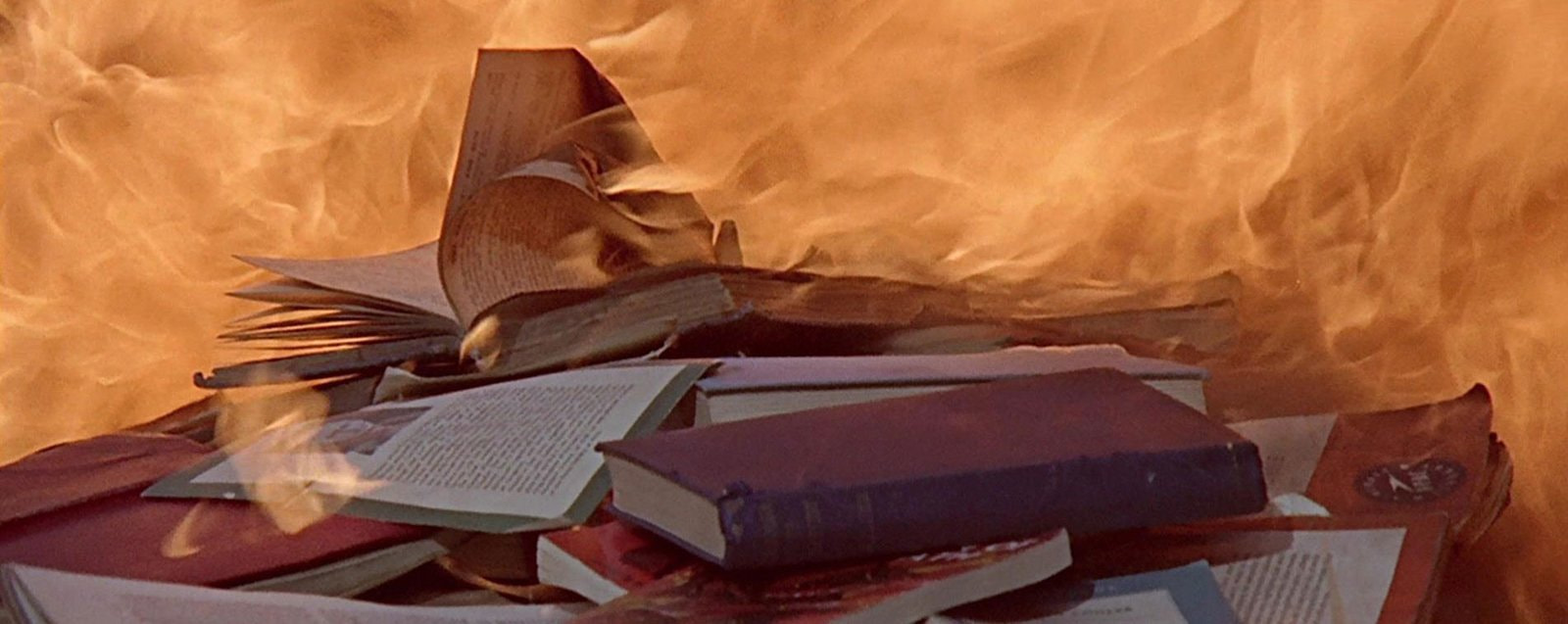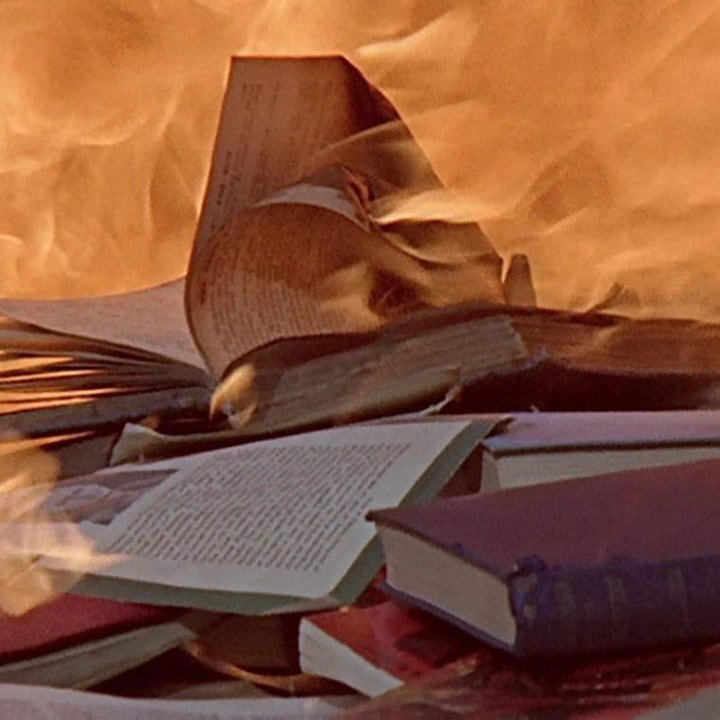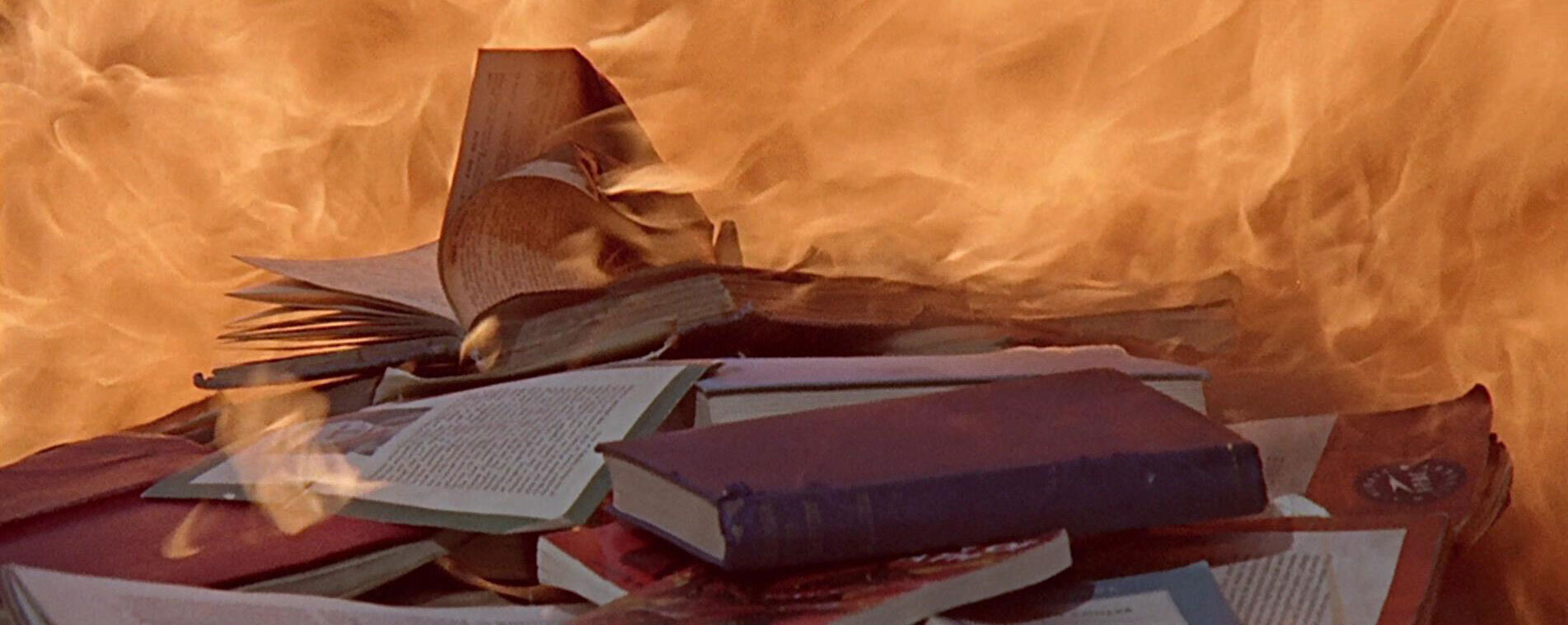The lecture will explore the liaisons between dystopia as a literary genre and the ideas of Modernism.
The utopian ideas of the Modernist era derive from philosophy, literature, and art where they were initially conceived. Human audacity, however, which allowed man to put himself in the place of God and dream about building an ideal world, couldn’t be satisfied within the sphere of thought and art alone. The whole world became platform for a global experiment, leading to the establishment of totalitarian regimes promoting metanarratives as their ideologies, as well as to a great number of tragedies whose victims were numerous. In the postwar period, the cultural paradigm changed again, giving way to redemption, repentance, and defense from utopian beliefs as the new era’s main issues. In the middle of the twentieth century, dystopia became a very popular genre in literature, as a means of warning and preventing society from dangerous strategies. Although we can still see some elements of dystopian literary experiments being implemented in real life.
“I shall continue; tomorrow I shall see the same spectacle which we see year after year, and which always awakes in us fresh emotions, as if we saw it for the first time: an impressive throng of piously. lifted arms. Tomorrow is the day of the yearly election of the Well-Doer. Tomorrow we shall again hand over to our Well-Doer the keys to the impregnable fortress of our happiness. Certainly this in no way resembles the disorderly, unorganized election days of the ancients, on which (it seems so funny!) they did not even know in advance the result of the election. To build a state on some non-discountable contingencies, to build blindly — what could be more nonsensical? Yet centuries had to pass before this was understood!
Needless to say, in this respect as in all others we have no place for contingencies; nothing unexpected can happen. The elections themselves have rather a symbolic meaning. They remind us that we are a united, powerful organism of millions of cells, that — to use the language of the “gospel” of the ancients — we are a united church. The history of the United State knows not a single case in which upon this solemn day even a solitary voice has dared to violate the magnificent unison.”
(Yevgeny Zamyatin, We, 1920)


